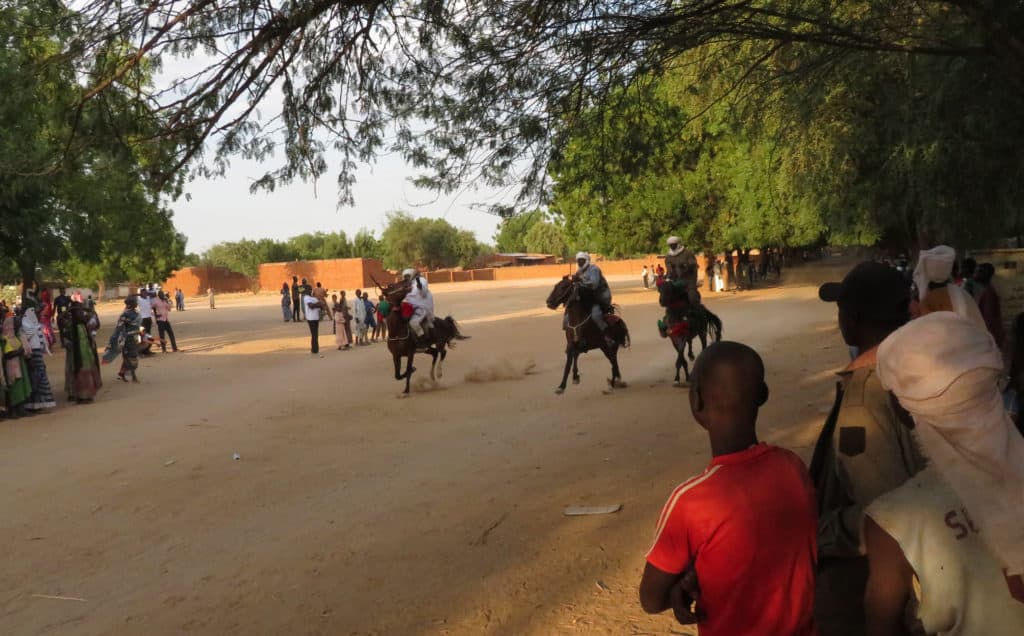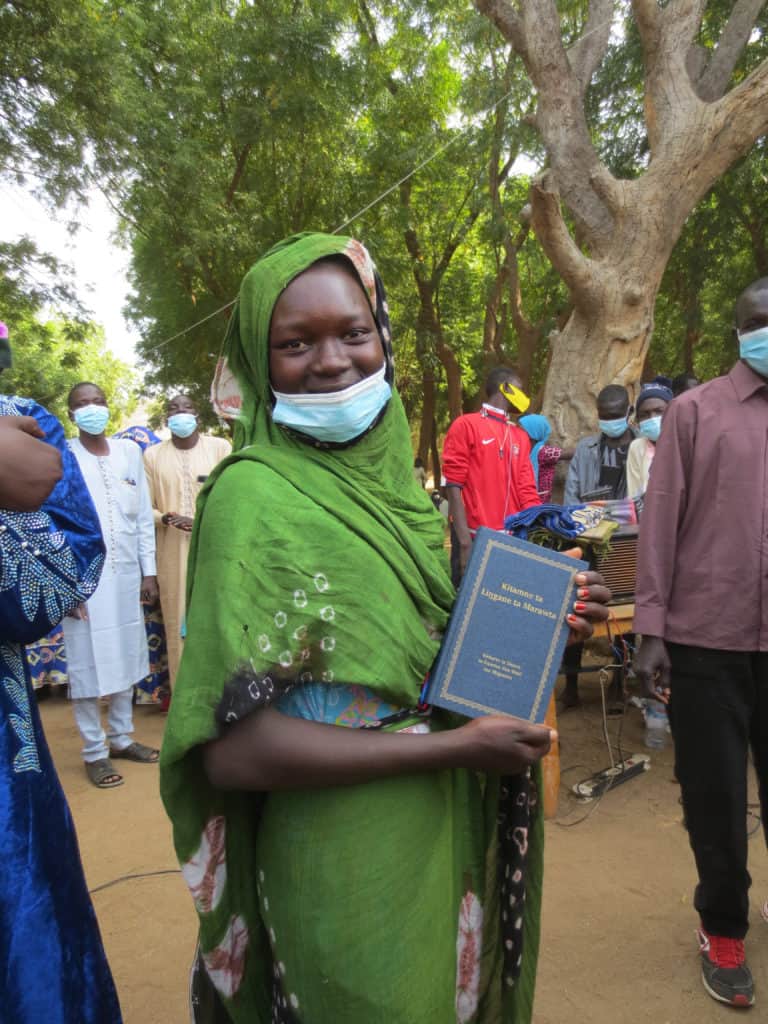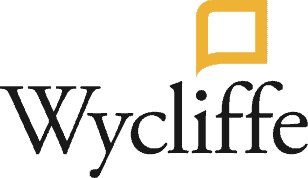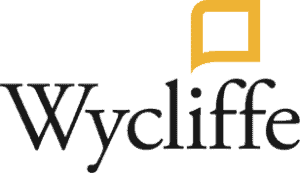The Migaama New Testament was launched in a vibrant and exciting event in the village of Baro in Chad in December 2021. The New Testament represents an opportunity to emphasize Jesus’ message of peace, forgiveness and reconciliation at a time when these topics are high on the agenda of local and national discussions in Chad.
The event was attended by more than 500 people. There was the reading of Migaama Scriptures, presentation of certificates, singing, dancing and eating. In addition, there was a race involving some local chevaliers (horse-riders) which emphasized the spirit of co-operation and harmony over competition.

Hamit Adoun, one of the official government representatives at the event, said: “To the Migaami population – today you have the New Testament in Migaama. It is a good thing. Invest yourselves in it, it is important to know what is in this New Testament. Young people, read this New Testament, whether you are Muslim or Christian. The Christian community in Baro needs to teach their children the Migaama language. To our Muslim brothers, the Bible is the Word of God and we should all study it.”
Emmanuel, a Migaama Christian, commented:
“This translated word has above all given a freedom to put into practice the Word of God at any time. It has broken certain traditions – grudges, difficulties with forgiveness and reconciliation. It has given strength to resist in difficulties. It has transformed this resentful people to become Christian people full of love. Finally, this word has become a shield for the Christian Migaami people: they continually make use of this shield to face up to difficulties.”
There was a strong sense of community among all the Migaami, with Christian church leaders joined by a large contingent of local village chiefs and government officials, including the new Magaami chief who declared, “The word of God translated into our language can change lives.”
Most of the officials who attended are Muslim, but they were content to sit through the Christian service and welcomed the arrival of the New Testament in their language.

Coming just 12 days after the Migaami chief had been enthroned, the New Testament launch was a wonderful complement to that ceremony. The enthronement had been the catalyst for a number of village chiefs who had been in conflict with each other for many years to offer forgiveness to each other and to reconcile. The New Testament launch was marked by the united presence of these local chiefs.
Emma Kuipers, who serves with Wycliffe and worked with the Migaama New Testament translation team, says, “There was wonderful communal harmony at the dedication, exemplified by the large group of Muslim women from the village who happily cooked the celebration meal, freeing the Christian women to attend the event. Such participation and co-operation was not imaginable in the recent past when there were tensions between the Christian and Muslim communities.”
Many of the speeches emphasised how important it was to read this book and that it is a valuable treasure – not only for Christians, but also for Muslims.
Djerambeté Samuel, the provincial general secretary and a Christian, commented: “When I read God’s Word in my own language, I don’t need a lot of extra explanation. I understand it better in my language than I do in French, even though I am educated.
“There is nothing more important than to read in your own language, ” he said. “Official languages are not sufficient. Local languages allow development activities that succeed better than in an official language.”
The Migaami population is estimated at about 70,000, residing largely in central Chad. (Migaama is the language and also refers to one person; Migaami refers to the community and to two or more people.)
The translation committee was formed in 2000, and the first translations were published in 2001 as small booklets – The Good Samaritan, Jesus Blesses the Children, and The Father who Forgives.
Missionary outreach to the Migaami began in the 1940s. Today the number of Christian households in the village of Baro (the main Migaama village) is about 60 (meaning around 400 Christians). There are also Migaama Christians in the bigger towns and the capital city, N’Djamena.
Source: Wycliffe U.K website

